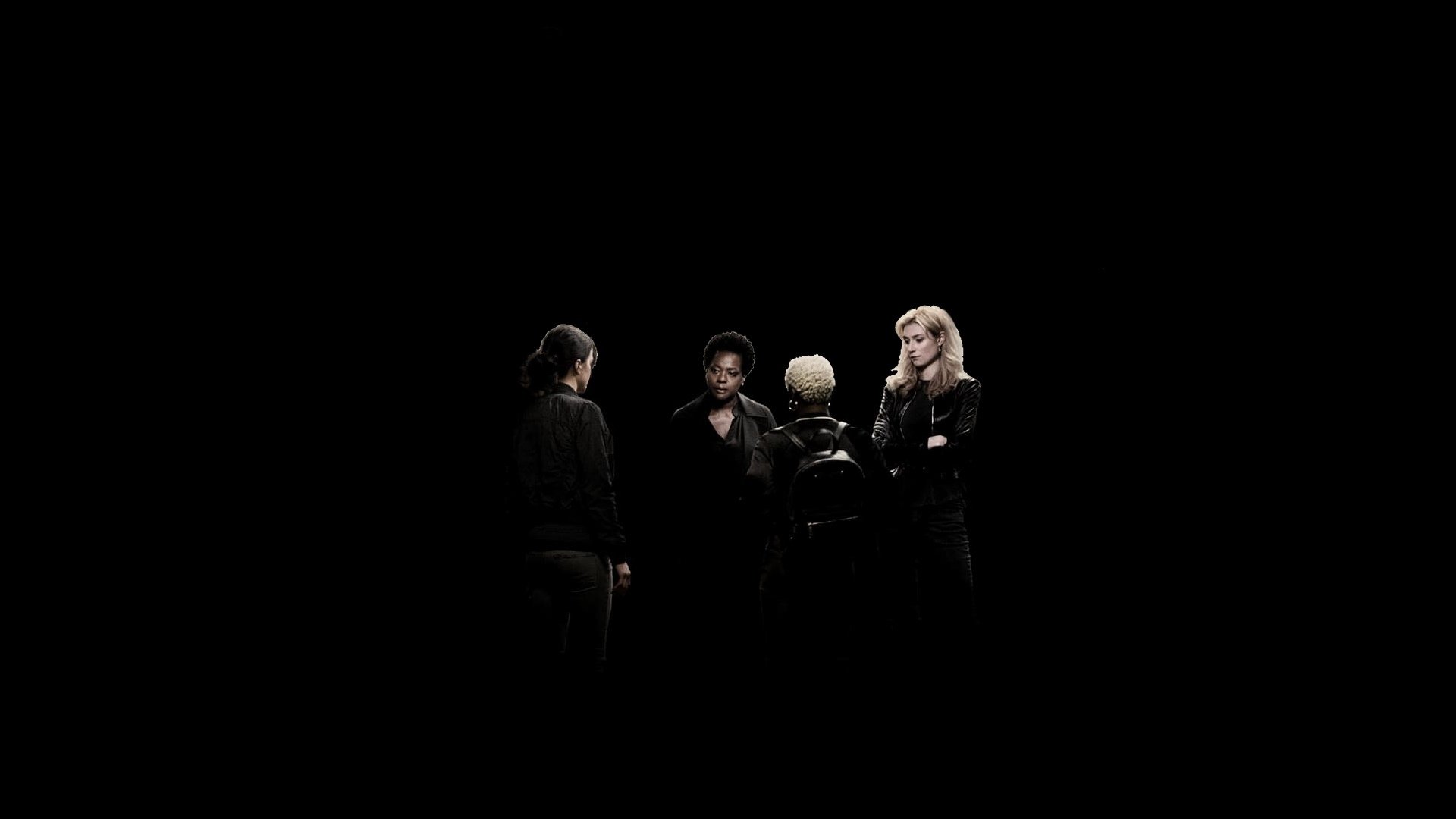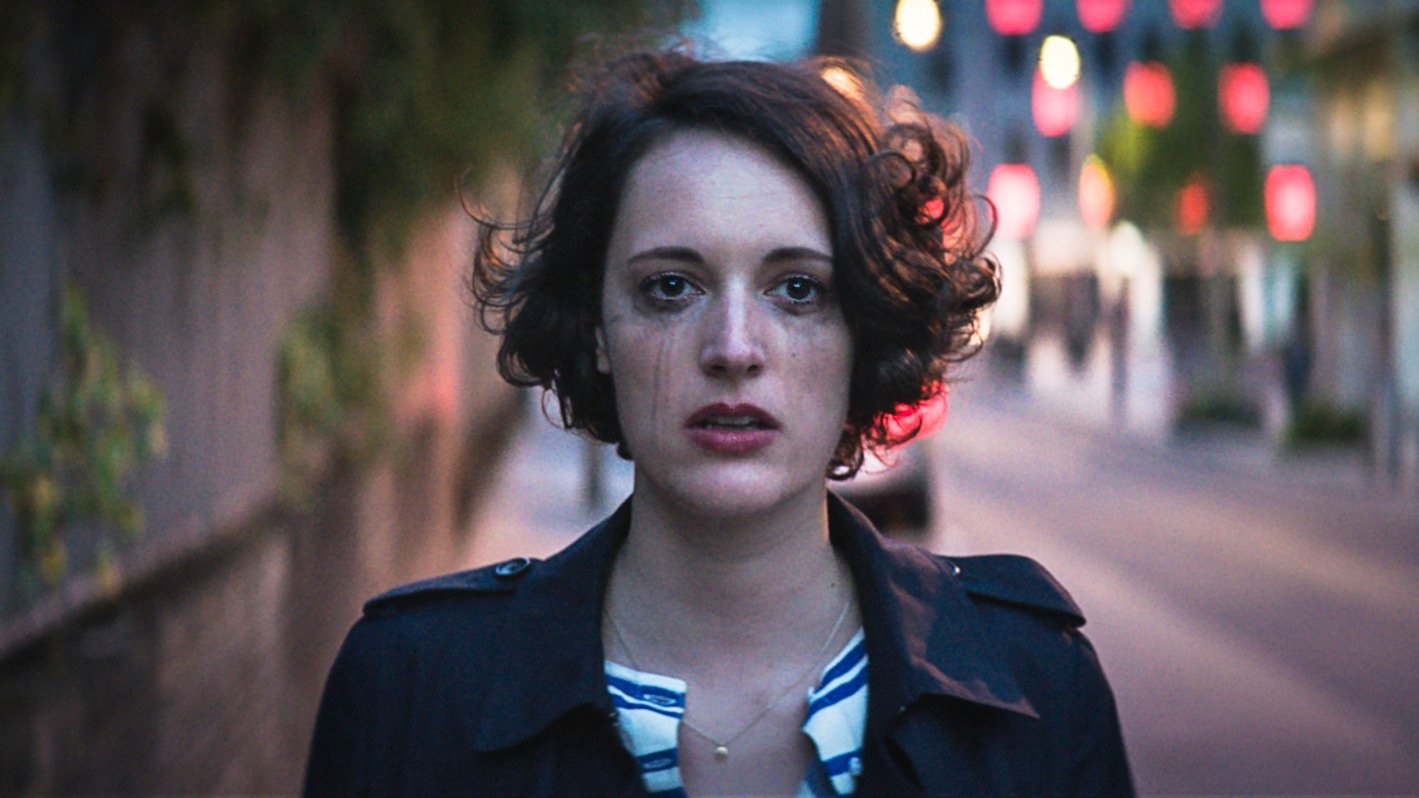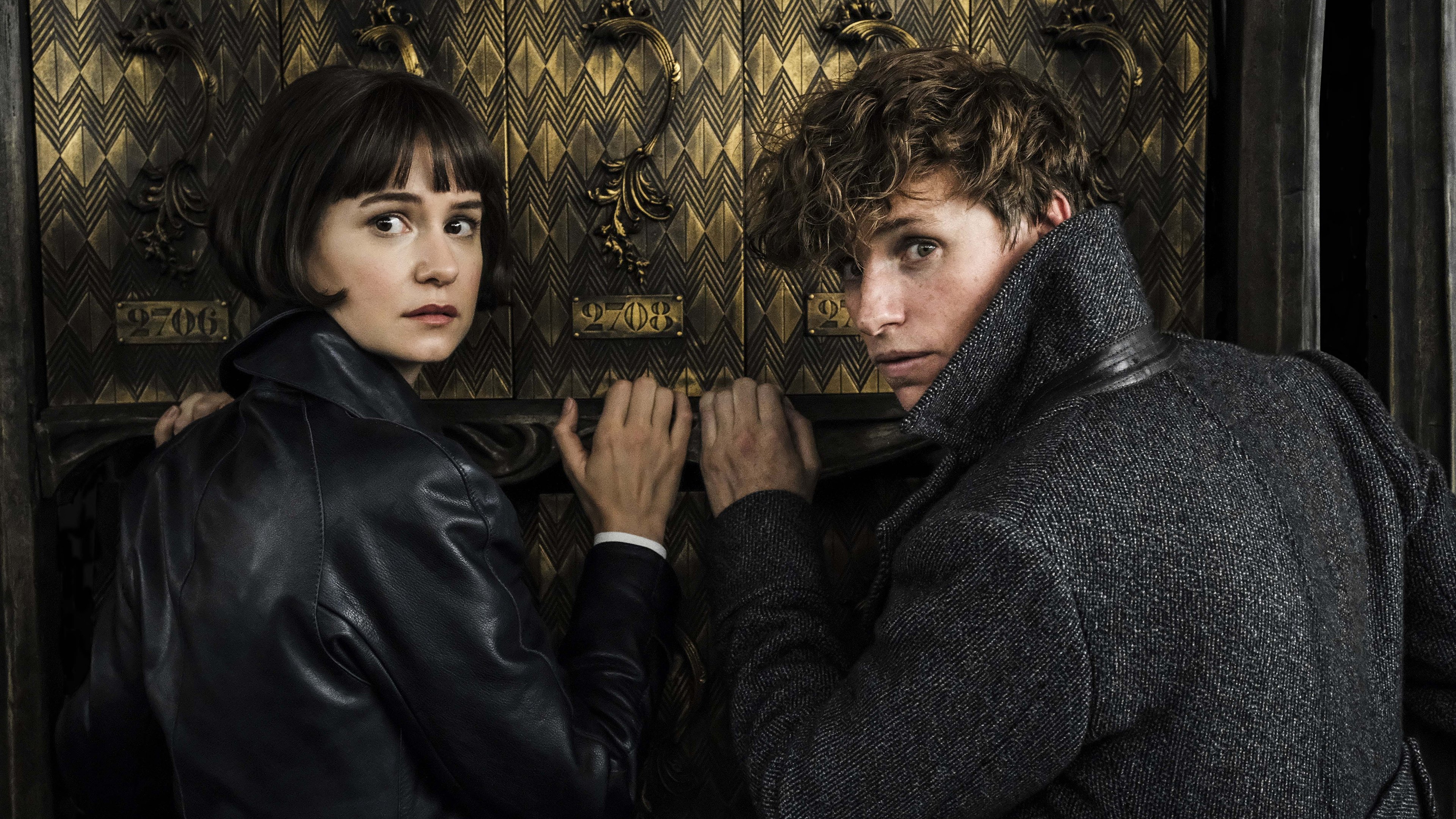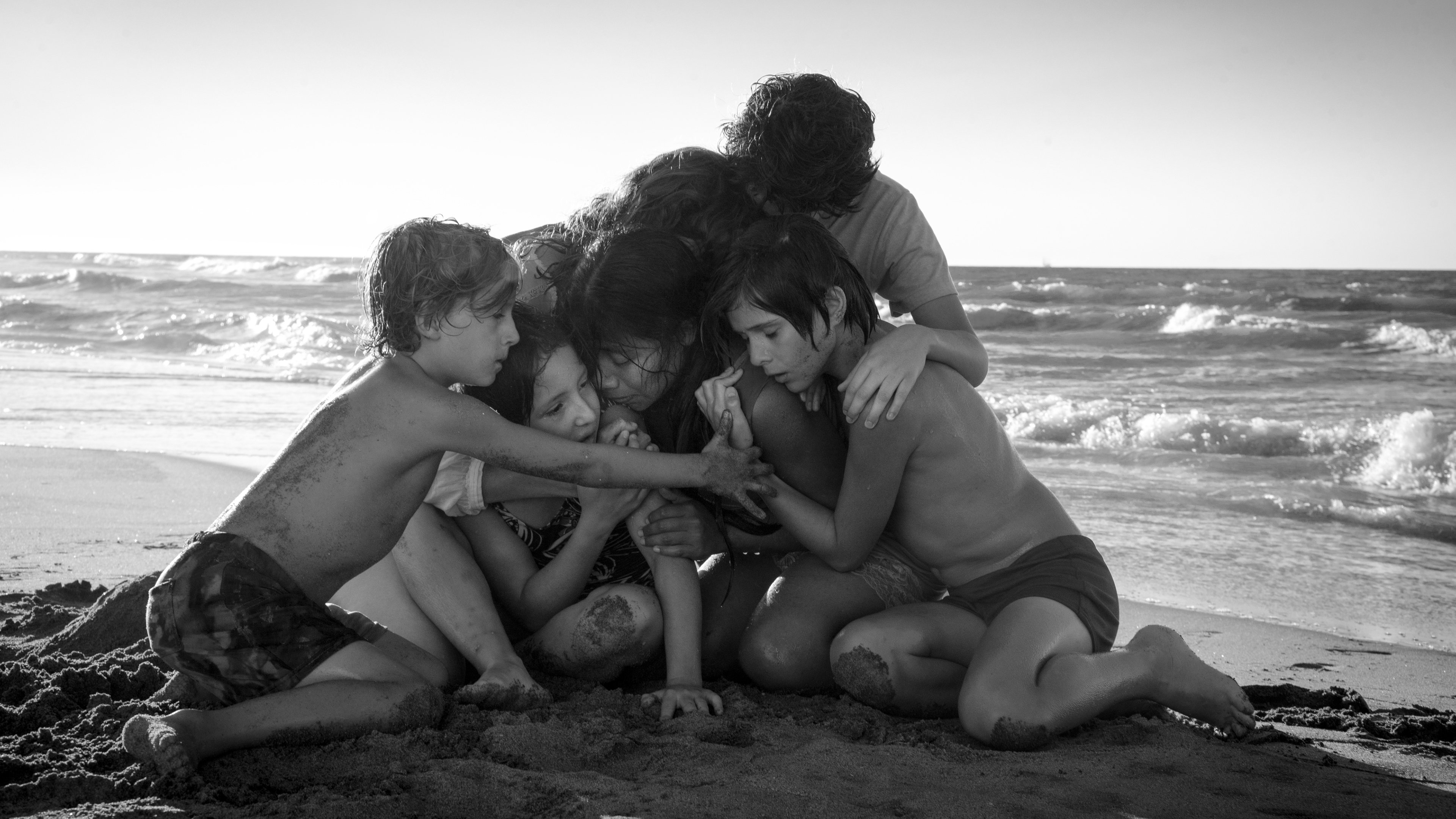Seen in… November

Band of Brothers, more like horde of hunks. Image via The Movie DB
The weather of November lends itself to the interior, as in the interior of your home watching your television. Despite a dark and murky November and typical busyness I was able to get to the cinema a few times and finish a few series I've wanted to watch for awhile.
Marvel’s Daredevil Season 3
Like another Marvel series, Punisher, this is a very well scripted and paced show with death and violence as its focus. Unlike Punisher where the main question is “Why shouldn’t I kill my enemy?”, Matthew Murdoch aka Daredevil struggles with defeat and the idea that a murder would be the easy way out.Band of Brothers
Like Platoon for a different generation of actors, this HBO mini-series from 2001 feels contemporary and fresh like a wound that won’t heal. It’s the story of Easy Company, the group of American paratroopers that fought from Normandy and worked their way through the European theatre of World War II. We follow the company from their initial training and through their many perilous battles. As an American story, it sometimes flirts close to American jingoism, yet the reality of war, its tactics, its fears, its horrors, its boredom and its shock reminds us that it is a universally human and terrible thing. There are an incredible number of actors in this huge ensemble and many, who were unknowns at the time have gone on to fame and recognition. You might want to watch it with the IMDB.com open just to cure the itch of finding out the answer to “Where have I seen that actor before?”
Paddington was so fun they made another one. Image via The Movie DB
Paddington 2
I’m not even sure why I watched this. I wasn’t a particular Paddington fan as a kid and I didn’t see the point of making a feature length film of a little talking bear who had moved to London. Perhaps after watching so much grim and intolerably violent stuff I just wanted a relief. A break from blood and gore. A break from the depressing news cycle of racism, misogyny and hate that passes as politics today. Well, lo, a golden gleaming ganache appeared before me and without even asking if I needed it, I had already consumed it. This is one of those “all ages” films that plants itself in its own invented world of magic realism as Paddington’s adventure starts with a wish to buy his aunt a birthday present but winds up as a treasure hunt and jailbreak. You don’t need to really know anymore than that but rest assured if you let yourself slip into this movie like comfy slippers you’ll come out relaxed and revitalized just a little bit. Visually, it’s movie “hygge” and Hugh Grant is a surprise as a dastardly villain who shows more range in this one small role than in the last twenty years of his career.
Maybe you recognize this photo from Persona from one of its many parodies. Image via The Movie DB
Persona
The thing is, I like Ingmar Bergman films. Apparently, if you are a very smart, cinematically knowledgeable person, you like Bergman films. But wow, this film is one of the most parodied “art-movies” of all time because a lot of it is experimental weirdness and isolates the audience with its obtuse dialogue and affected staging. Why throw a cinematic montage into an otherwise interpersonal drama? Who knows? Who is this guy? Wait, he’s blind? Or not? Most of this classic film is the excruciatingly slow recovery of a well-known actress, Elisabet, who, for unknown reasons goes mute during a performance and stays that way throughout the film. The beautiful Bergman muse, Liv Ullman plays the mute actor whose performance is pretty remarkable given she only has two lines. Elisabet is prescribed a recuperative stay at a beautiful seaside house (I wish all doctors were this generous) and the young nurse Alma is assigned as her caretaker. If this is socialist medicine, I’ll take two. Alma, it turns out, is a chatterbox and talks enough for the two of them. Most of the film is simply Alma talking to Elisabet and at some point, the two women, who are very similarly Scandinavian beauties, seem to shift and interchange. Who is the patient? Who is the nurse? Who is taking care of who? Which one is the loveless mother or loving caretaker? Sometimes described as a "dreamlike poem of profound psychological depth", this movie has not only been mercilessly parodied but has also been incredibly influential. There were moments when watching this that I kind of forgot about plot and character and just floated in its tide, but there were a lot of other times I was looking at my watch. I wonder if Bergman had removed the silly montage stuff and focussed a little on even the barest of story threads, it would be more palatable but this is one “art-film” that is relentless in its experimentation and if you aren’t up for that, then you won’t be down with this film. This movie is a little like a vaccination; I’m glad I did it, more people should do it but I’m glad it’s over.
The eponymous Widows. Image via The Movie DB
Widows
A heist movie. A feminist movie. Like “Heat” but with ladies. That’s the easy way out but the heist is really just the thing that gets this movie moving. When Veronica’s man, Harry, dies during a job, she is left without means to cover his debts including one to the gang he was stealing from. Initially she tries to sell his book, the notebook of all his planning and details for his next job. Behind all of the plot twists and turns (a thief stealing from a criminal gang on behalf of a crooked politician only to steal back the money to pay the original aggrieved party because it’s not confusing enough), is a story of loyalty, betrayal, denial and empowerment. Despite being directed by a man, this is a very female perspective on this story. Once Veronica decides her only way out would be to actually commit to the crime that Harry planned, she reaches out to the other widowed women of Harry’s gang for help. Finding themselves in the same situation they take on the job, using the bus and baby sitters to get where their going. Despite not being hardened criminals, they use the fact no one would suspect them of such a thing, plus their intelligence and womanly ways (there is some significant and unpleasant sexual trading) to get what they need. These women are neither dumb nor fearful but they know the difference of the male world they are entering. This film also features a formidable ensemble cast with Viola Davis, Liam Neeson, Colin Farrell, Robert Duvall, Michelle Rodriguez, Daniel Kaluuya and Elizabeth Debicki. Unlike some other higher profile ensemble casts wherein everyone gets their moment or their cameo, each of these roles has their part to play and each part contributes to a greater whole.The Ballad of Buster Scruggs
There’s a story that the great playwright Chekov said that if you show a rifle in the first act you better fire it in the third and the Coens show that all too well in the Ballad of Buster Scruggs. This film is a story of the harshness, cruelty, absurdity and beauty of “the old west” told in six chapters that runs the gambit from the romance of a glorified singer and hired gun, to the naivety of a young woman bravely joining a wagon train to a poetic but dark ending. If you are a fan of other Coen brother films you’ll enjoy this.
Phoebe Waller-Bridge is Fleabag. Image via The Movie DB
Fleabag
Without a doubt the finest bit of television I’ve seen this year. Ostensibly this is a comedy set in London of a young woman, played by the show’s writer and creator Phoebe Waller-Bridge, trying to cope with a recent tragedy, while running a cafe and navigating her many fractured relationships with family and friends. Like many contemporary comedies this has the lead breaking the fourth wall and speaking directly to the audience. Unlike other shows that do this, the technique is intrinsic to the storytelling and intimacy we feel for her. Yet behind the laughs and awkwardness is some pretty heavy, genuinely difficult emotional strain. The tragedy cuts deeper and deeper until the very end we discover just what personal confrontation our heroine is avoiding. The writing is sublime and the performances are more sublimer - you know what I mean.
Fantastic Beasts: The Crimes of Grindelwald. Image via The Movie DB
Fantastic Beasts: The Crimes of Grindelwald
The story of Newt Scamander continues, moving from New York to London and Paris. Known previously only as the author of a Hogwarts text book “Fantastical Beasts and Where to Find Them” Newt Scamander, played as a sort of nebbish magic nerd by Eddie Redmayne, is a zoologist whose primary interest is to learn more about magical fauna and how to protect them. Somehow, this knowledge and his personal connections have landed Newt in the middle of a crisis among wizards. Rebel and charismatic magic alt-right leader, Grindelwald, played with typical aplomb by Johnny Depp, wants to start a war between the magic and the non-magic world and his divisive speech and ideas have charmed many to his side. The story being set in the late 20s, points to the rise of Fascism in Europe but of course has parallels with today’s rise of far right politics around the world. Perhaps this type of fantasy isn’t for you, but in times when subtext is all but over this kind of diversion is the best we have. The only criticism I have of the story is it lacked some of the fairytale glitter of the previous film and maintains a crammed pace and foreboding plot throughout. It also felt like a two-hour set up for another film but maybe after a decade of Marvel movies we’re supposed to be used to that kind of thing now. I will just say, as a designer, the production design is again of the highest quality and noting the architectural differences in locales is a delight all in its own.
Roma. Image via The Movie DB


0 Comments:
Post a Comment
<< Home